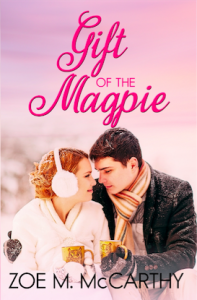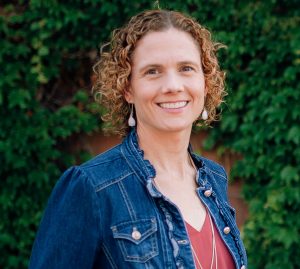My second book is releasing soon. As I researched and promoted my first book, I wrote a blog post giving 32 marketing ideas. Now, with more experience as to what worked and didn’t work for me, I’ll share my marketing experience for my second book as it unfolds. I hope you’ll join me for the next several weeks.
For Book 1, Calculated Risk, I performed all 32 of my suggestions. For some, I could’ve done more and for others I should’ve done less. I still recommend reading the 32 marketing ideas, because many were valuable.
Benefits Gained from Promoting Book 1
• Through purchasing Facebook ads, I better defined my audience from the ages and sexes of the people who clicked on my ads. Knowing my audience will help for Book 2 ads.
• I accomplished much promotion setup work. For example, I have a website; I’ve joined social networks such as Facebook, Twitter, and Pinterest; and I’ve set up my Amazon, Facebook, and Goodreads author pages. For Book 2, I will only need to update information at these places.
• I learned that romances don’t sell well at fairs and festivals, unless they are book fairs attended by readers. See my post on fairs and festivals.
• At bookstore signings and fairs, I learned it’s important not to sit behind a table, but to stand, pass out bookmarks, and engage people about what they like and need, and less about my books. For example, a woman interested in writing gave me her email address, and I sent her information on a local writers’ group. She’s on my list to email about Book 2.
• I discovered which promotion tasks were worthwhile, even if some were uncomfortable for this introvert.
Book 2 Tasks I’ve Done So Far
•I sent out PDF’s of the book to 6 possible endorsers and obtained 2 authors able to read the book and write endorsements. Many authors want to help, but they’re up against deadlines.
• I grabbed a fifteen-minute appointment with the CEO of a publishing company at a writer’s conference. Believing online promoting is more successful than traditional marketing efforts, he recommended I spend my time and money on online ads and getting Amazon reviews quickly.
• According to the CEO’s recommendations, I researched several online promotion options. My husband and I met and decided which I would invest money and time in. I’ll mention them in upcoming posts.
• I setup my marketing Excel spreadsheet to enter promotion tasks, deadlines, requirements, and progress.
• For my local book launch party (it’s not all about online presence): I’ve enlisted helpers, set up a meeting with them, and reserved the party place.
• I signed up to write a guest post, do an interview, or be spotlighted on 6 blogs. I’ve drafted two.
• Drafted email content to recruit potential book influencers. I’ve listed 28 people.
 • I received my book cover recently. This opens up my ability to start working on several promotion projects.
• I received my book cover recently. This opens up my ability to start working on several promotion projects.
As I record my efforts and progress for Book 2, Gift of the Magpie, in upcoming posts, I’ll include tips and hope you’ll follow along and share your tips and thoughts too.
Diary of a book marketing experience: promotion activities and progress. Click to tweet.
What are the promotion activities you enjoy and which do you dread? Why?














 RSS - Posts
RSS - Posts